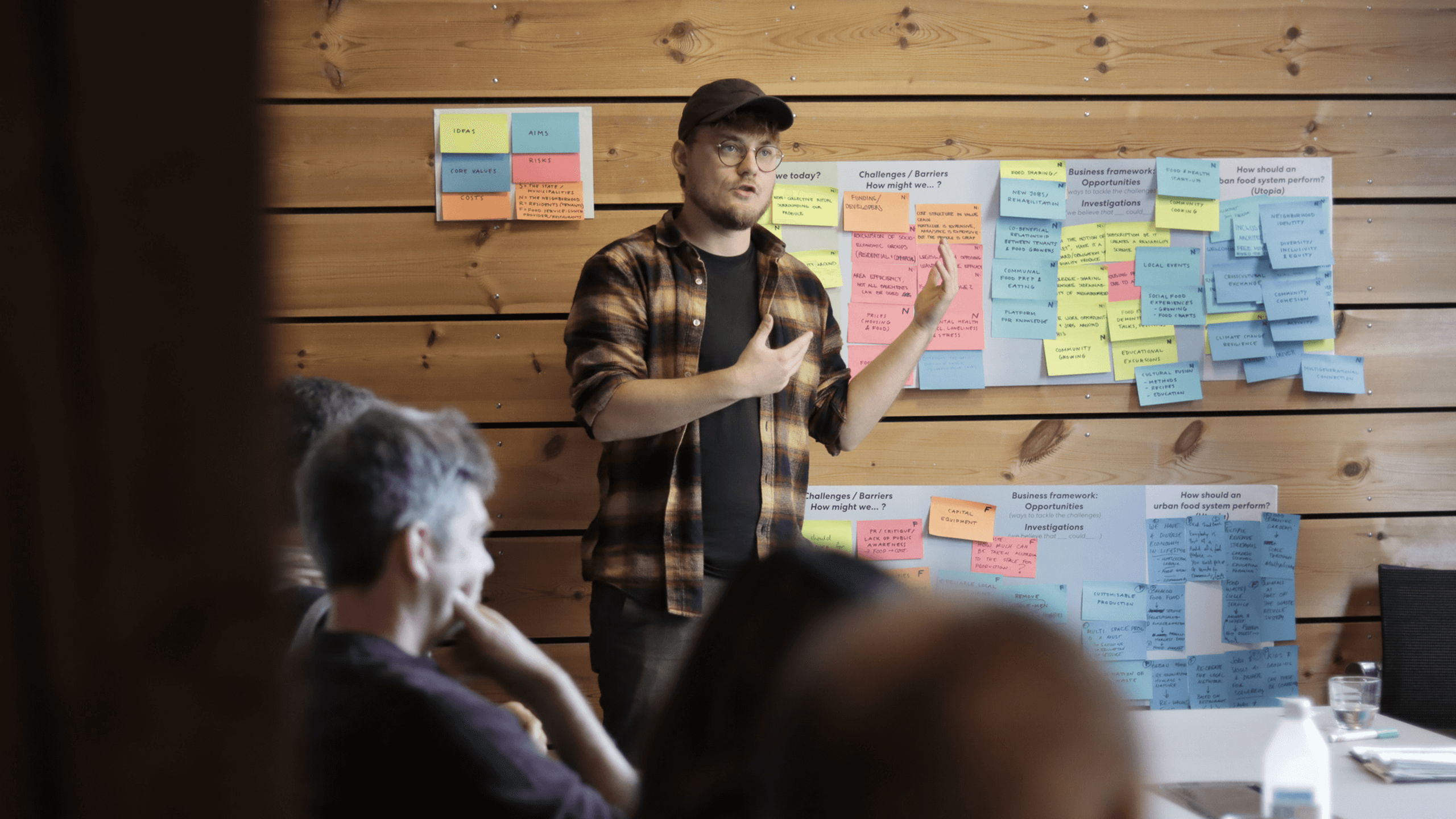According to the new Chatham House report, Food System Impacts on Biodiversity Loss, the global food system is the number one driver of biodiversity loss. Agriculture practices alone, which increasingly make way for industrial monocultures – food production for humans and livestock – have been identified as a threat to 86% of species at risk of extinction.
The new report, which is supported by the UN Environment Programme (UNEP) and Compassion in World Farming, explains how our food systems have aligned with the “cheaper food paradigm” over the last decades the goal of which is to produce more cheap food through increasing the use of fertilizers, pesticides, energy, land and water. This results in a vicious circle: the lower cost of food production leads to a bigger demand for more cheap food that can only be produced through more intensification and land use. Needless to say, a reform of our food systems is necessary and according to the report one of the urgent actions that need to be taken is farming in a manner that is more friendly to nature and biodiversity.
Urban Food Production in a Danish Context
The same mechanisms are true for farming practices in Denmark. In Copenhagen quality local produce has become increasingly difficult to find on supermarket shelves and city dwellers are typically so alienated from the food production system, that the question presents itself: If it is true that the way we relate to food has changed in an inadvisable way, how do we create a culture that educates us about quality in food and food production and revives the practices of food growing, preparation and cooking with others?
These are some of the questions that prompted BLOXHUB and Schmidt Hammer Lassen Architects to co-organize a cross-disciplinary workshop to explore the opportunities connected with urban food production in a Danish setting. Enlai Hooi, Head of Innovation at Schmidt Hammer Lassen Architects, began the workshop by outlining the challenge: How do we design a system that utilizes all food and building waste? And how do we make a system that is both productive and participatory?
Around the table sat a number of participants with different perspectives on the subject, most of them deeply involved in running their own urban farming projects or finding ways to integrate such projects into bigger architecture or landscape projects. The participants included Hans-Bo Hyldig (CEO of FB-Gruppen), Kim Rahbek (Partner and CEO of Falsters Kyst and Founder of SENSEI and Sticks’n’Sushi), Sven Møller (Co-founder of .506), Lena Lee Jørgensen (Head of Food and Beverage at NREP), Thomas Fokdal (Founder of Copenhagen Windows), Rasmus Vincentz (CEO of Habitats), Oliver Maxwell (Founder ByBi), Jakob Sandell Sørensen (Head of Sustainability at Schønherr), Jens Krogshede (CEO of Nabo Farm) and Anna Brieva-Toloza (Researcher, Cities Changing Diabetes at Novo Nordisk).
Connecting people to food, each other and the environment
A spirit of idealism and a love of nature saturated the discussions, encapsulated by Oliver Maxwell from ByBi as he said that the great challenge of our time is to believe that every person has the same potential to do good as to destroy the planet. He went on to emphasize that one of the important questions we should ask ourselves is: How do we get an urban food system to activate that potential in us?
Hans-Bo Hyldig, CEO of FB Gruppen pointed out that in a Danish context urban farming practices are mostly relevant in Copenhagen: “Our cities in Denmark are so small and only a short distance from the countryside. The only place that is not true is in Copenhagen, and that is why it is interesting to discuss ‘Urban Food Production’ in the context of Copenhagen. Here, urban farming can be used as an add-on to our buildings and function as a driver for raising awareness about what we eat and what quality in food production means.” He said.
CEO of Copenhagen Windows, Thomas Fokdahl agreed that urban food production should not be the goal in itself, as it does not make sense in a Danish context, where there is a short distance to the backyard. However, he said: “When it is interesting to talk about urban food production in relation to real estate, it is because we experience everything that is community-oriented as valuable. If the goal is to create social cohesion, sustainability and green transformation, urban food production projects can be used as a means to an end. From a community perspective, food has a completely unique role to play and the projects can have a very high value both for those who live in the area, for the developer and the surrounding community.”
The initial half-day exploratory workshop was held on October 14 and resulted in a number of inspiring discussions and ideas concerning how to connect people to their food, to each other, and to the environment in cities. The aim is for the workshop participants to meet again in the near future, to invite more people to the table and to explore if the ideas hold the potential to be turnedinto viable business cases.
Hans-Bo Hyldig ended the day by saying: “I think it is fantastic to discuss urban farming in a cross-disciplinary forum, where I can hear from those who run the projects, get the latest on new trends and discuss how we can use urban farming as a tool to create social balance in urban development projects. It is very valuable to hear about what is going on – not least from the next generations, who are more conscious of these things, because we are after all building for the coming generations.”
Interested in more?
If you would like to hear more about urban food production or the possibility of organizing a workshop with BLOXHUB’s Urban Partnership’s team, please read more here or contact Program Manager, Torben Krab on e-mail: tkr@bloxhub.org or phone: +45 51624031.



